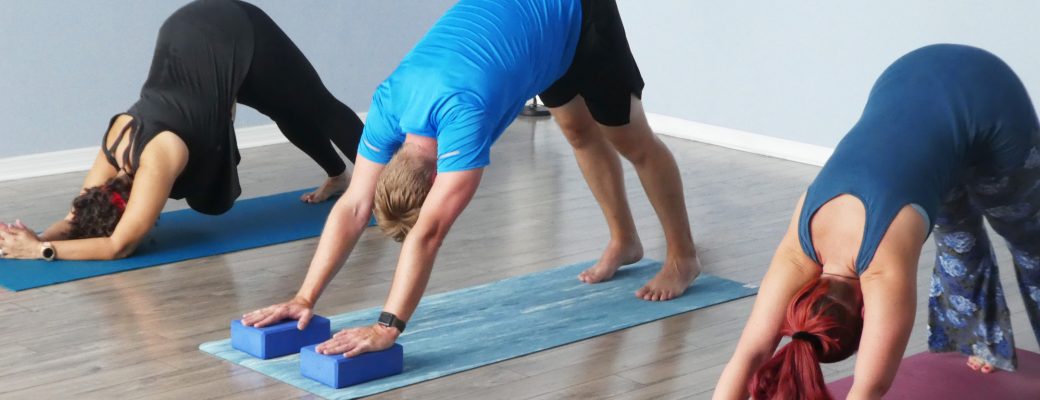
Getting older presents many gifts—maturity, grace, wisdom, experience, and perspective, to name a few. Growing older can also carry many challenges.
Physically, it becomes harder to keep extra weight off. According to the Centers for Diseases Control and Prevention, over one third of adults 65 and older are obese.
Risk of life-threatening illnesses, such as diabetes, cardiovascular disease, and certain types of cancer also increases with age. Joint stress, osteoarthritis, and other types of pain will also commonly surface as you age.
Psychologically and emotionally, seniors experience higher rates of depression, anxiety, and other mental health disorders. Memory can decline, balance can be impaired, and with that, sense of self can suffer.
Not to mention the number of people with Alzheimer’s disease—which can impair the ability to have relationships and function in the world—doubles every five years after age 65.
With these statistics and more, the topic of aging often renders fear as birthdays pile up and you become eligible for social security. The good news is, there are so many things you can do to improve your overall health and well-being as a senior.
Healthy eating and exercise can assist in preventing disease, injury, and keeping your physical body in good shape, and meditation and brain training exercises can keep your mind sharp.
Yoga, especially restorative yoga, can also offer a wide array of health benefits—working physical and psychological wonders. Seniors, who often struggle with pain, joint stress, imbalance, osteoarthritis, and other physical limitations, can benefit from incorporating a yoga practice into their daily routine.
Here are just six of the many benefits of a daily yoga practice for seniors.
Many yoga poses focus on balance and stability, both incredibly important as you age. Strengthening your muscles and improving your balance prevents the likelihood of falls, which can be a common concern for elderly.
Not only does it prevent them in the first place, but an increase in strength and stability also helps seniors bounce back and recover, should a fall occur.
If you’re looking for a gentle exercise that increases flexibility, yoga is a great option. Flexibility exercises such as yoga are great if your joints tend to be achy or stiff. In a study that looked at the effectiveness of yoga as an exercise to manage osteoarthritis in elderly women, researchers found that it provided therapeutic benefits.
Not only can these low-impact moves loosen your muscles, they can also tone your supporting muscles and help prevent injury.
With age comes respiratory limitations and reduced tolerance to physical exertion. Anything that reduces oxygen in the respiratory system can have negative effects on the mind and body. Recent studies have shown that a 12-week yoga program significantly improved respiratory function in elderly women.
Breathing is the foundation of life. Humans can go weeks without food, but you can’t go more than a few minutes without breath, so it’s a good idea to keep your respiratory system in tip-top shape at any age.
Hypertension, or high blood pressure, can lead to cardiovascular disease and is the second leading cause of kidney disease. Recent studies have found that yoga reduces oxidative stress in the elderly. Oxidative stress is one of the underlying causes of high blood pressure and, especially for seniors, is a strong risk factor for heart attacks.
Yoga classes are calm and restorative, relaxing your body and mind—especially those geared toward seniors. When practiced regularly, yoga can reduce your sympathetic nervous system’s fight-or-flight response, which can cause inflammation of all kinds and wreak havoc on your mind and body.
Yoga practice involves focusing on the breath and slow movements, which can help trigger your parasympathetic nervous system, reducing the byproducts of stress and feelings of anxiety.
Since so much of yoga is focused on breathing and listening to your body, an added benefit is the expanded awareness of Self through practice.
As you practice yoga and become mindful of not just your body, but also of your thoughts and emotions, you will become more connected to and mindful of your environment, your community, and the world around you.
“We don’t stop playing because we grow old. We grow old because we stop playing.”
-George Bernard Shaw